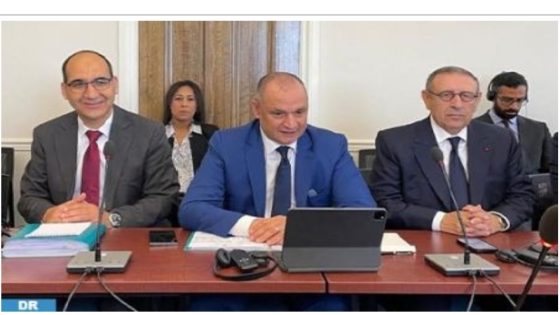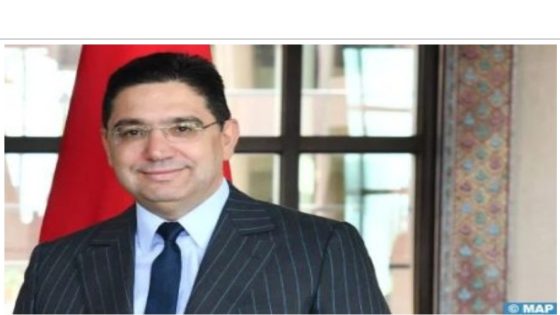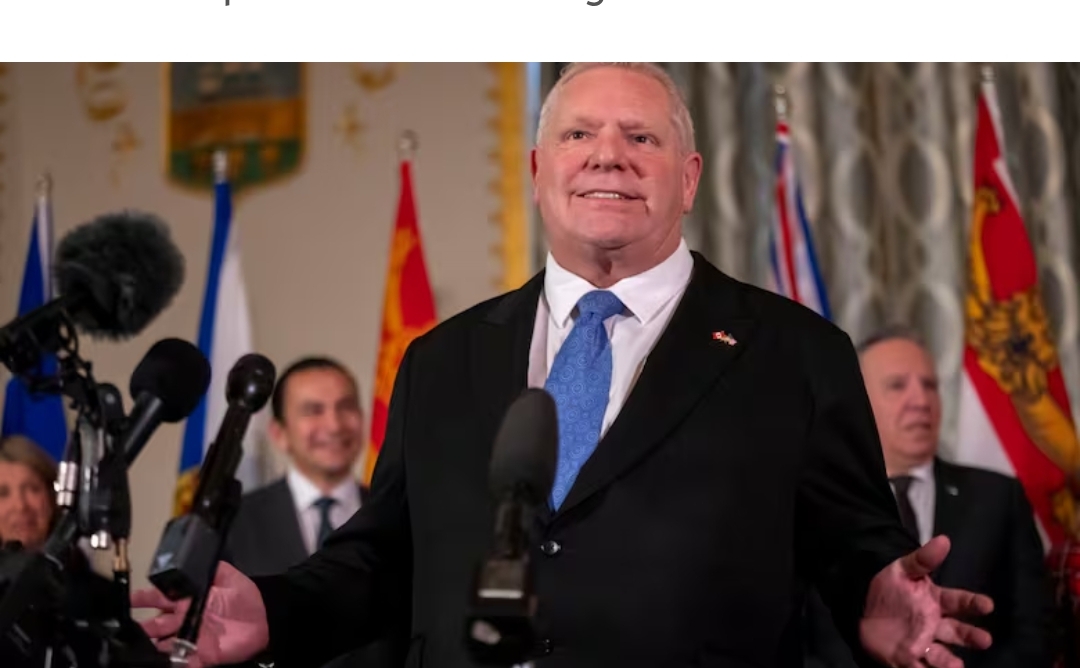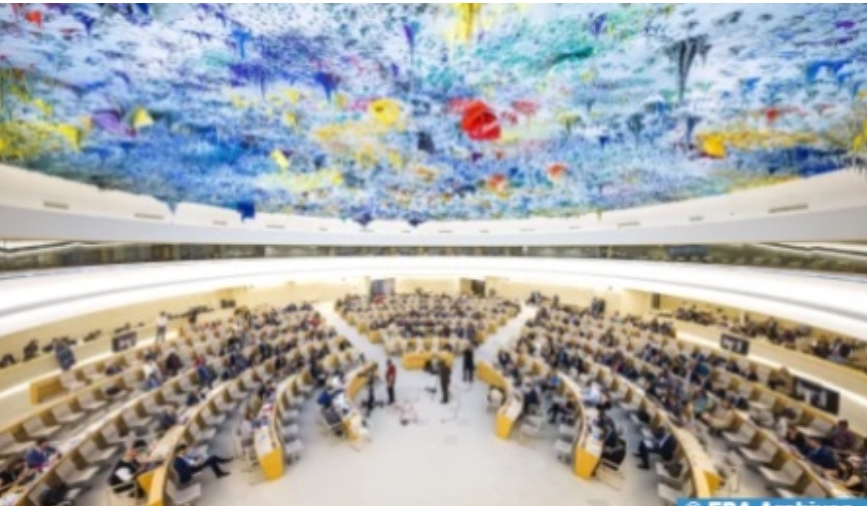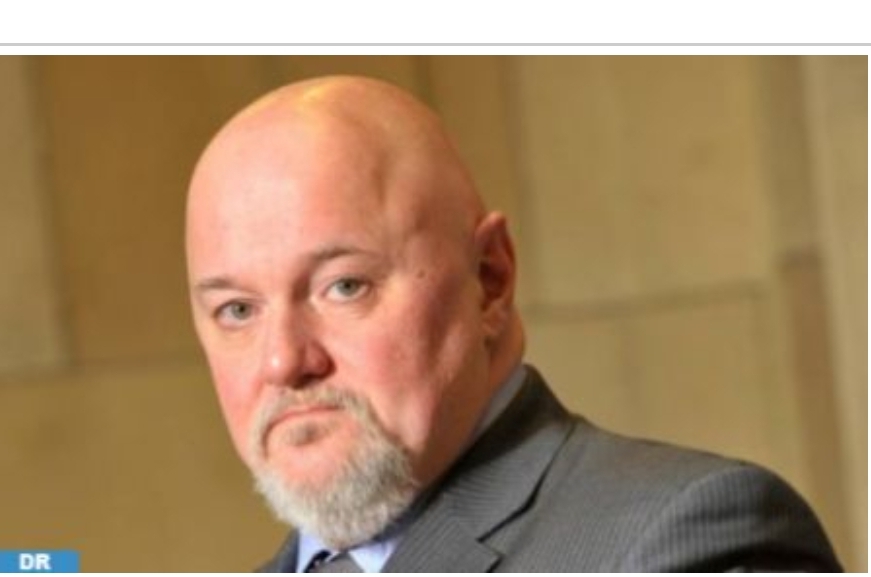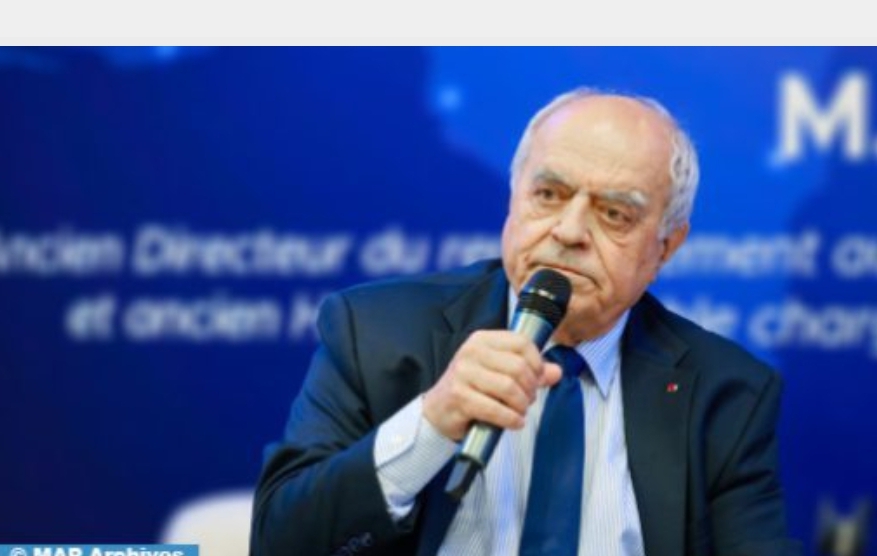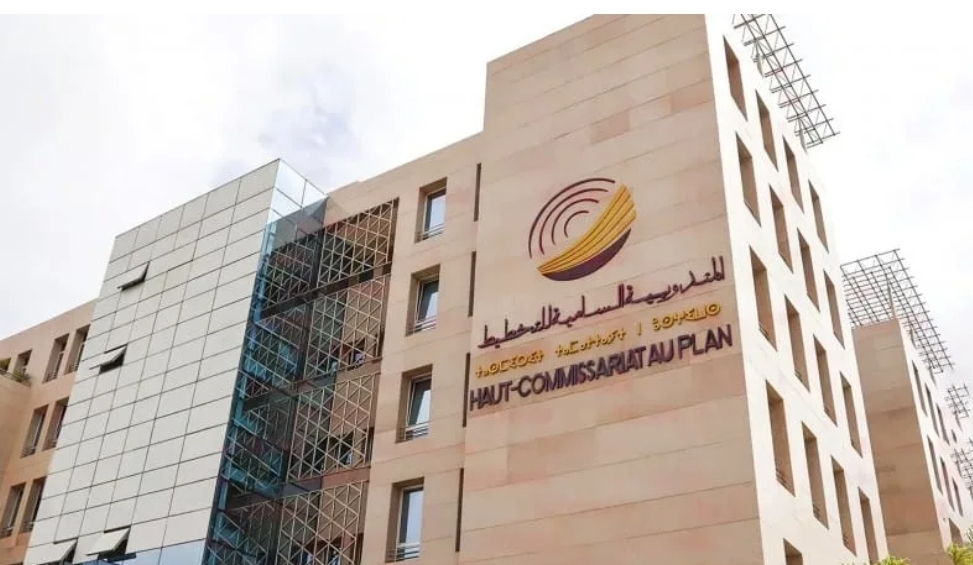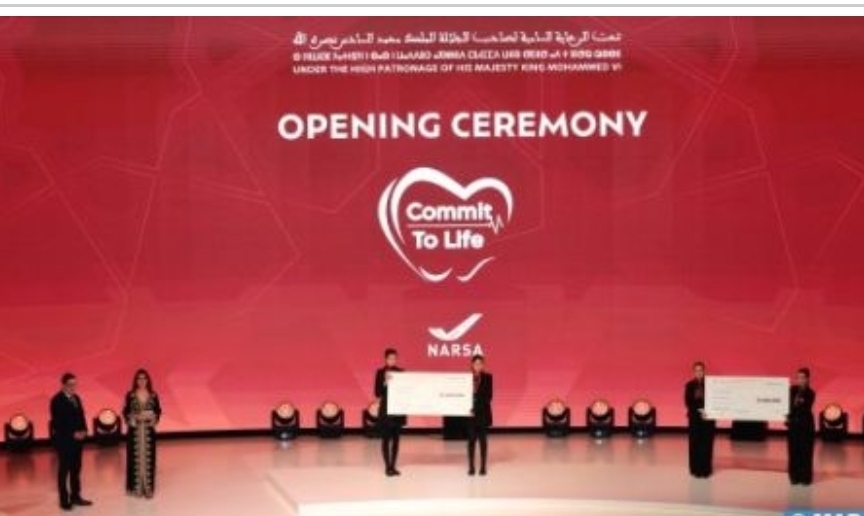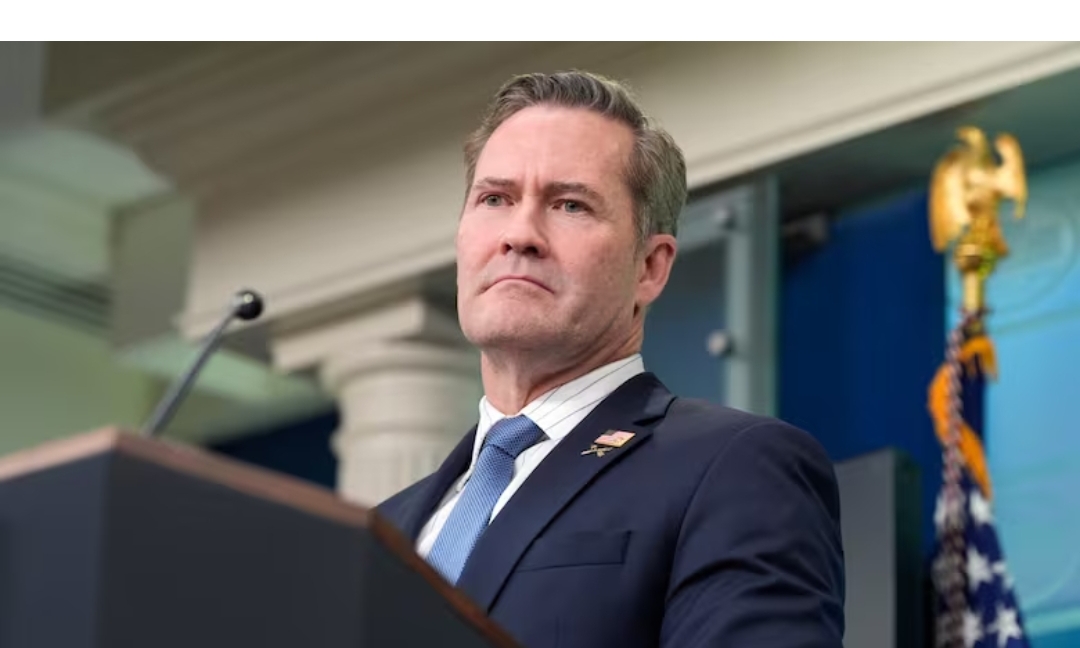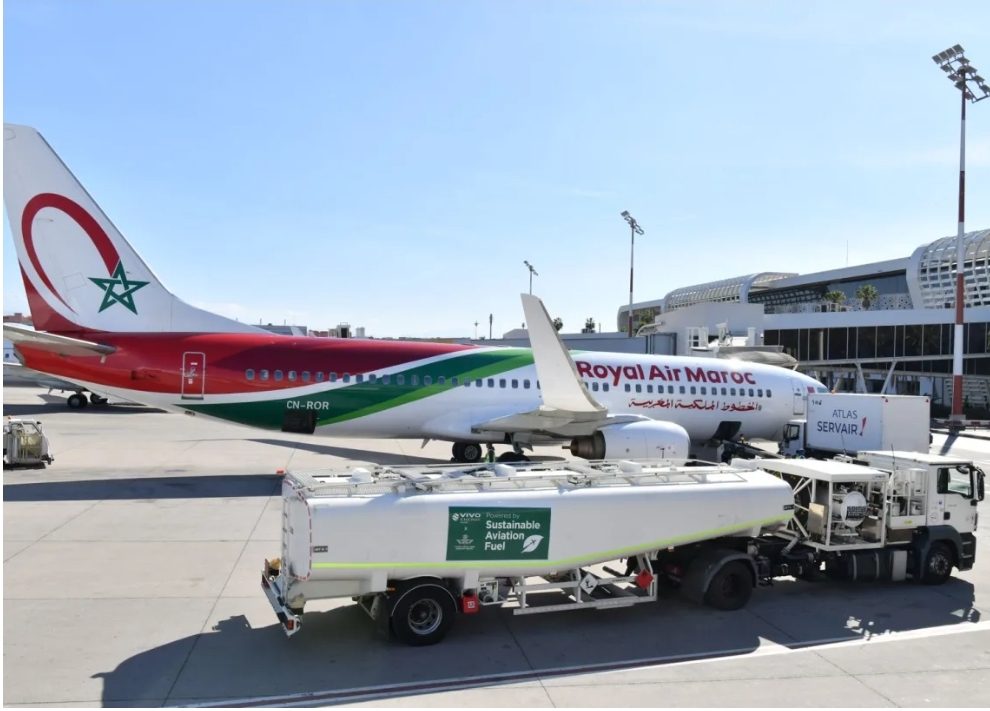Assahafa.com
The 8th session of the joint committee in charge of monitoring the United States-Morocco Free trade agreement (FTA) kicked off Monday in Washington at the U.S. Department of Commerce.
The session is chaired by the Minister of Industry and Trade, Ryad Mezzour, and the Assistant U.S. Trade Representative for Europe and the Middle East, Bryant Trick.
During the opening session of the event, attended by Morocco’s ambassador to the U.S., Youssef Amrani, and a host of American officials, the emphasis was put on the means to be implemented in order to further develop trade relations between Morocco and the United States and to give more dynamism to the free trade agreement, mainly in the sectors of agriculture, textiles, investment, and automobile.
Speaking at this event, Ryad Mezzour said that thanks to the Vision of His Majesty King Mohammed VI, Morocco is both a partner of choice and a trusted stakeholder that, beyond its economic climate conducive to investments, “enjoys a very particular capacity to operate transversally within the eminently strategic framework of its relations with the United States”.
“The exceptional dynamic triggered during the twenty years of implementation of our FTA is rich in progress and substantial achievements,” stressed the minister. He insisted on the need to redouble efforts to “fully capitalize on our cooperation and complete all outstanding issues to achieve even more fruitful and mutually beneficial outcomes.”
In this sense, he raised a series of priority issues linked to access for Moroccan products to the American market and vice versa, addressing several aspects related to overcoming non-tariff barriers.
He also touched upon several structuring aspects of trade between the two countries, notably cooperation in the fields of agriculture, textile, automobile and investment.
Agriculture is an essential aspect of this cooperation, recalled the minister, adding that access for Moroccan agricultural products to the American market remains below Morocco’s ambitions and its export potential.
In this regard, the Kingdom strongly reiterated its demands for market access for heat-treated poultry meat as well as fruits and vegetables. The textile industry, for its part, presents good prospects, he underlined, welcoming the fact that efficient management of this dimension of cooperation makes it possible to envisage growth within the framework of the FTA between the two countries.
He added that Moroccan and American operators make common cause as they face the same challenges posed by strong competition from Asian countries and their aggressive prices.
Regarding the automotive sector, Mezzour focused at length on customs cooperation, which is likely to guarantee effective customs control of goods exchanged between the two countries and to facilitate bilateral trade flows.
Referring to the environmental dimension, he welcomed the recent signing of the latest action plan, “the implementation of which will help align our ambitions in this area.”
The Moroccan official stressed, with regard to investment, that “we should welcome the establishment in Morocco of 150 American companies renowned in several sectors, which demonstrates the confidence placed by the United States in Morocco in a context where the business climate has considerably improved in the Kingdom.”
He concluded that Morocco has “all the means to constitute a structural pillar of American approaches within the framework of the new industrial and green supply policy, in particular that of the Inflation Reduction Act (IRA)” .
“The Kingdom could provide a gateway for the United States to Africa to address markets in the region and a strategic player in the development of resilient and sustainable supply chains in many strategic sectors (automotive, renewable energy , agriculture, health, FinTech, ITC and infrastructure),” he said.
An assessment confirmed by the Assistant U.S. Trade Representative for Europe and the Middle East, Bryant Trick. The American side indeed welcomed the dynamics of economic and trade relations since the signing of the FTA while emphasizing that the consolidation of its implementation will be beneficial for both parties.
Trick thus praised Morocco as a platform for the creation of new economic and commercial opportunities for American companies in order to strengthen both the quality and quantity of trade. He also recognized the enhanced potential that this agreement could offer by improving access to the American market for Moroccan exports.
On the other hand, Ambassador Youssef Armani indicated that the free trade agreement constitutes a catalyst for bringing together the business communities between the two countries, noting that this meeting is an opportunity to take stock and assess the level implementation of this agreement.
He expressed Morocco’s desire to develop trade relations with the United States and promote investment, while welcoming the level of trade.
“Our countries are moving forward, trusting each other and interacting towards a continued deepening of their partnership. This is likely to translate new perspectives into the pivotal role of the Kingdom, giving new resonance to the link that it has always constituted under the leadership of His Majesty the King,” indicated the ambassador.
On the sidelines of the committee meeting, Morocco’s Minister of Industry and Trade held a series of meetings with senior U.S. officials, mainly at the Department of State where he was received by the Under Secretary of State responsible for Economic Growth, Energy and Environment, Jose Fernandez.
Other meetings are also scheduled with the U.S. Department of Energy as well as with the heads of several specialized agencies such as the DFC and Prosper Africa. The minister is also due to participate in a panel to be held Tuesday by the Atlantic Council, a DC-based think tank.
Source: map
